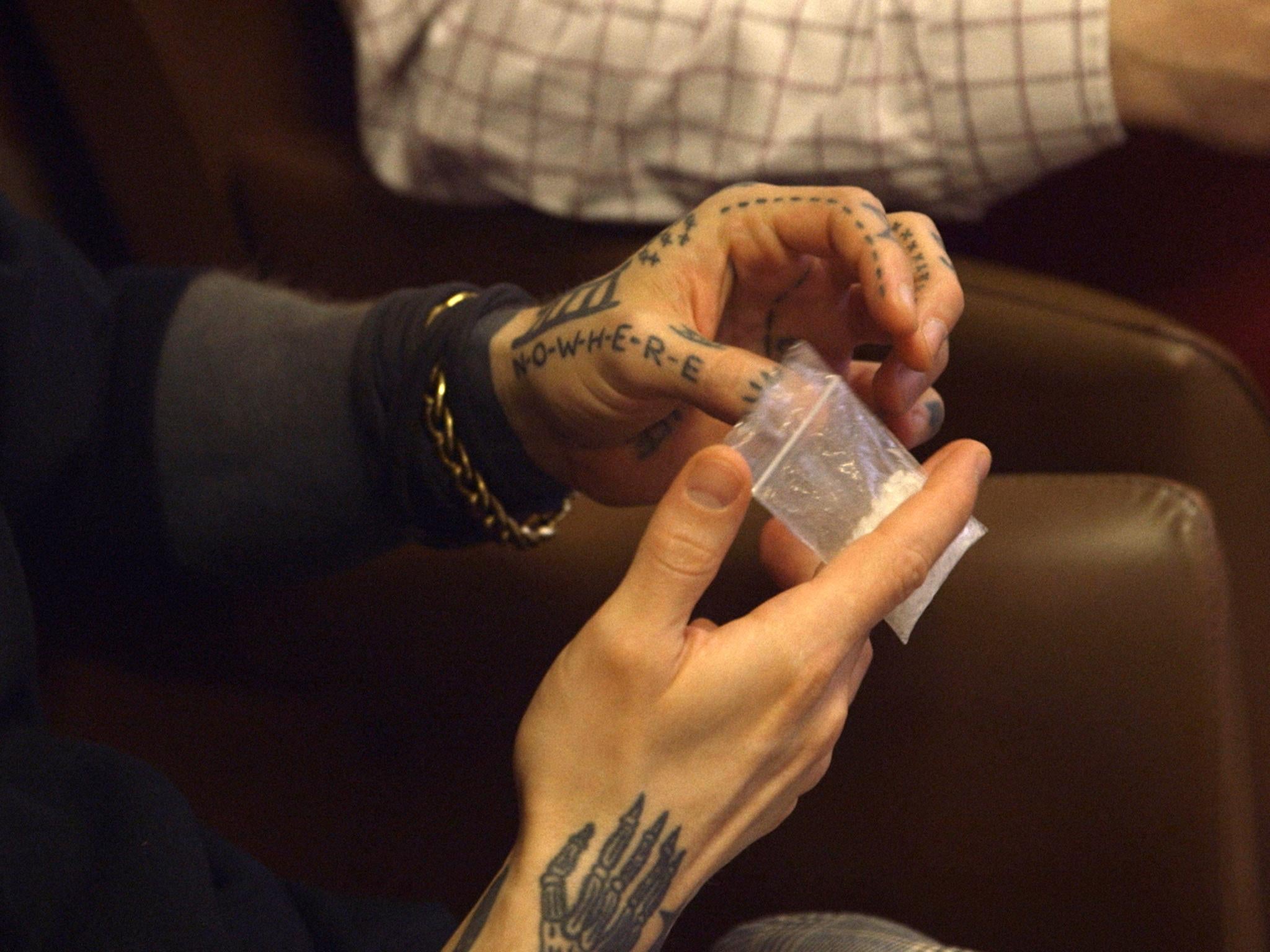The Independent's journalism is supported by our readers. When you purchase through links on our site, we may earn commission.
Why is chemsex so popular? If we're too scared to talk about medicated sex, we'll never find out
Due to our collective reluctance to be open about it, people find their own chemically induced solutions to sexual problems, often by accident rather than design. But trial and error can be dangerous


For some people, sober sex isn’t enough; for others, it just doesn’t work. So, in order to overcome problems, or enhance the experience, they turn to drugs.
But with school sex education unlikely to include any information about using drugs with sex, it's often left to friends or a new sexual partner to introduce you to the right ones to improve your sex life.
Using drugs to enhance sex is nothing new; we have been using chemicals for sexual pleasure throughout history. Some can increase your interest in sex and some improve the experience of it. Drugs like Viagra have had their fair share of attention. However, the female equivalent Flibanserin appears to offer nothing more than a placebo effect, which is arguably important for all drugs whether there is evidence they are effective or not.
But the impact that medication has on sex doesn’t receive much attention, despite the millions of people potentially affected. Over 70 million prescriptions for antidepressants alone were issued last year, a group of drugs known to interfere with sexual performance. Men can feel less aroused and unable to get an erection while women may be less able to achieve an orgasm. Paradoxically, these side effects may actually attract some people to misusing antidepressants, delayed ejaculation, for example might be seen as a desired effect for some.
The difficulty is we can’t predict who will experience these side effects in advance of starting antidepressant treatment, so it is often a case of trial and error. As depression can rob those affected of any interest in sex, medication might stimulate interest in sex, for example.
Despite this, doctors and patients can be shy about discussing the subject of sex, even though it’s such a common activity. It's a shame, because more openness about sex and the problems people encounter as a result of medication can be the start of finding solutions, which in turn improves the chances of someone sticking with treatment. Shame aside, why should anyone carry on taking pills that subvert or impede your sex life?
Due to our collective reluctance to talk about sex, people find their own solutions to sexual problems, often by accident rather than design. People soon work out that some drugs improve the way they feel about sex or the way they perform when having sex. Most of us know how alcohol impacts on our libido. But what about other substances?

The most widely used illicit drug, cannabis, is known to relax, reduce inhibition and promotes feelings of connection. Although (as with any drug used for sex) getting the dose right is critical, men are particularly vulnerable to higher doses of cannabis which can reduce their ability, even if desire is elevated.
Drugs such as ecstasy or MDMA are well known for their ability to induce feelings of connection and loving towards others. So it is understandable why someone who is depressed and using antidepressants might want to use ecstasy. Unfortunately, this combination of substances can be dangerous, with users risking the development of serotonin syndrome, which can be fatal. Some anti-depressants reduce the effect of ecstasy, meaning some people resort to increasing their dosage of ecstasy in order to compensate, which in turn elevates the risk of harm.
As with many psychoactive drugs, prescribed or illicit, judgements made under the influence might be riskier than when having sober sex. Although we still don’t fully understand how drugs such as MDMA affect sex, it does appear to alter people’s perception and desire for it.
Like so many areas of research, we know far less about how drugs affect women than men. We also know more about how chemsex affects gay men than we do about how it affects heterosexual sexual partners. By ignoring certain groups, more people are left to self-experiment with drugs in the hope of producing pleasure, which they might never successfully experience with so little information.
Join our commenting forum
Join thought-provoking conversations, follow other Independent readers and see their replies
Comments
Bookmark popover
Removed from bookmarks